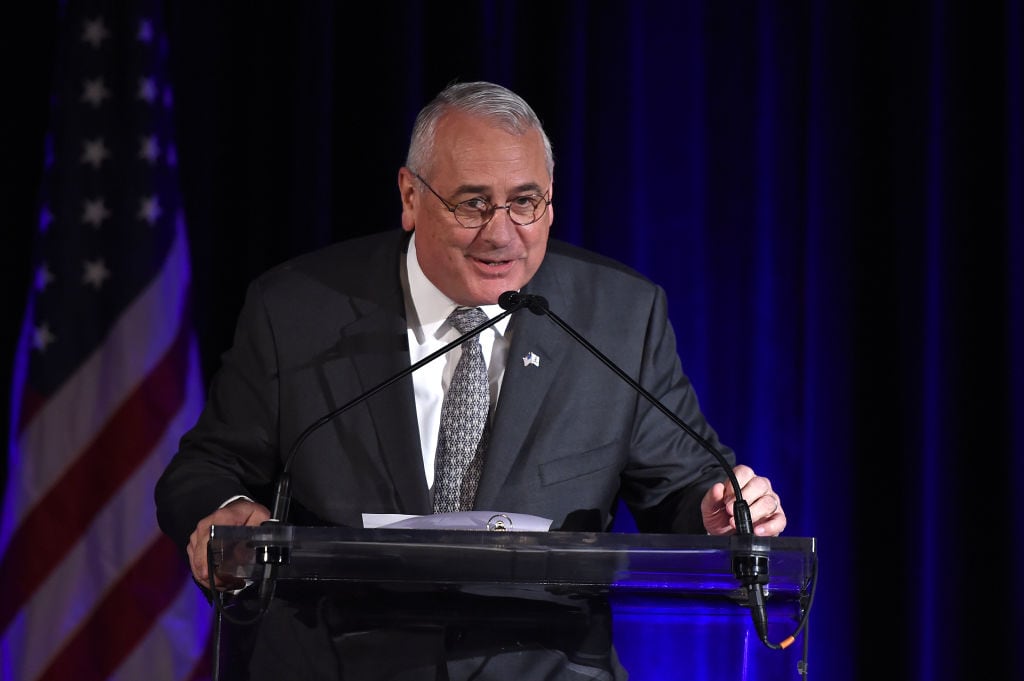A retired Army major general has been named the new chief executive officer of the financially strapped Armed Forces Retirement Home two months after the previous boss of the home was fired.
Retired Army Maj. Gen. Stephen T. Rippe took over as CEO of the home effective Monday. The AFRH has campuses in Washington, D.C., and Gulfport, Mississippi.
“Steve Rippe is uniquely qualified to serve as the Home’s CEO, having served in a similar capacity for the nonprofit Army Distaff Foundation, which operates the Knollwood life plan community in Washington, D.C., as well as in executive and board roles with several for-profit and nonprofit organizations,” said David Tillotson III, assistant deputy chief management officer, in a statement from the Defense Department announcing the appointment.
“He is a compassionate and dedicated advocate for veterans who have served our country and has the expertise required to address the future challenges facing the Armed Forces Retirement Home.”
Rippe retired after 29 years in the Army. He last served as vice director and director of management of the Joint Chiefs of Staff.

In addition to serving as the CEO of Knollwood, Rippe spent seven years as chief operating officer and executive vice president of the Protestant Episcopal Cathedral Foundation, the governing organization for the Washington National Cathedral, National Cathedral School for Girls, St. Albans School for Boys and Beauvoir Elementary School.
The two campuses of the Armed Forces Retirement Home care for about 1,000 former enlisted members.
Most service members’ connection with these homes begins and ends with a 50-cent-a-month mandatory deduction from enlisted members’ paychecks.
RELATED

The origins of AFRH date to the 19th century, with the Naval Home and the U.S. Soldiers’ Home. The two were merged into an organization with the name of AFRH.
The AFRH has experienced serious cash flow problems over the that have resulted in nearly depleting the AFRH trust fund. It has been operating at a deficit of about $20 million a year, with taxpayers having to make up the difference.
When he fired the previous director, Tillotson said the operating costs of AFRH “are not grossly out of line,” but the path forward should focus on new sources of income. Whether those sources will include more money from the residents’ pockets has yet to be determined.
Karen has covered military families, quality of life and consumer issues for Military Times for more than 30 years, and is co-author of a chapter on media coverage of military families in the book "A Battle Plan for Supporting Military Families." She previously worked for newspapers in Guam, Norfolk, Jacksonville, Fla., and Athens, Ga.




